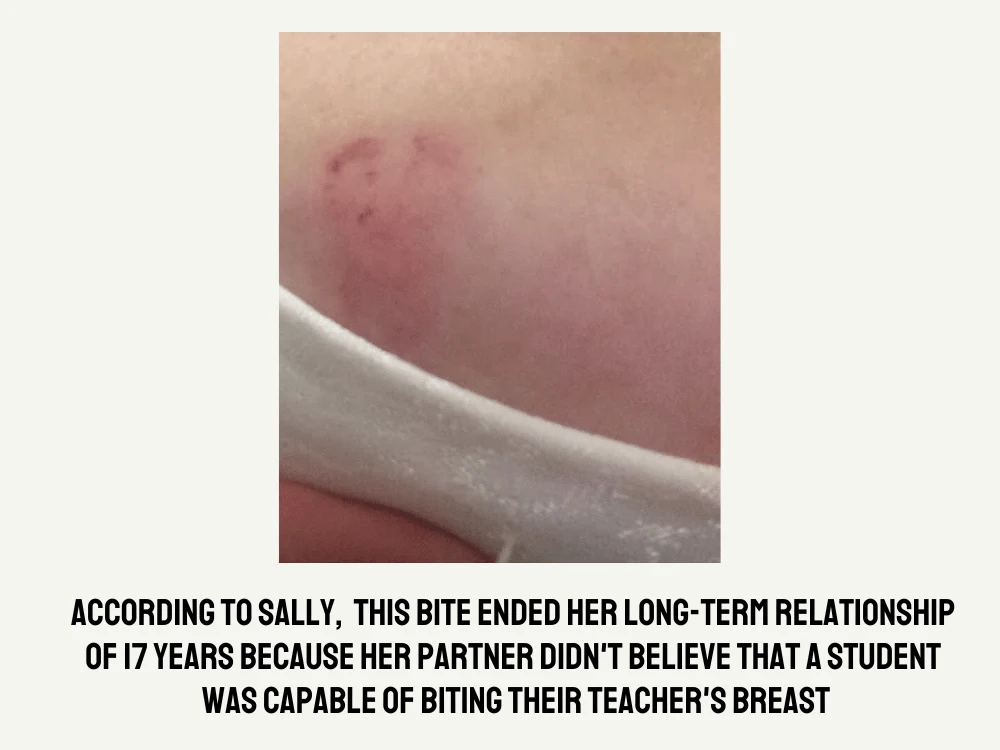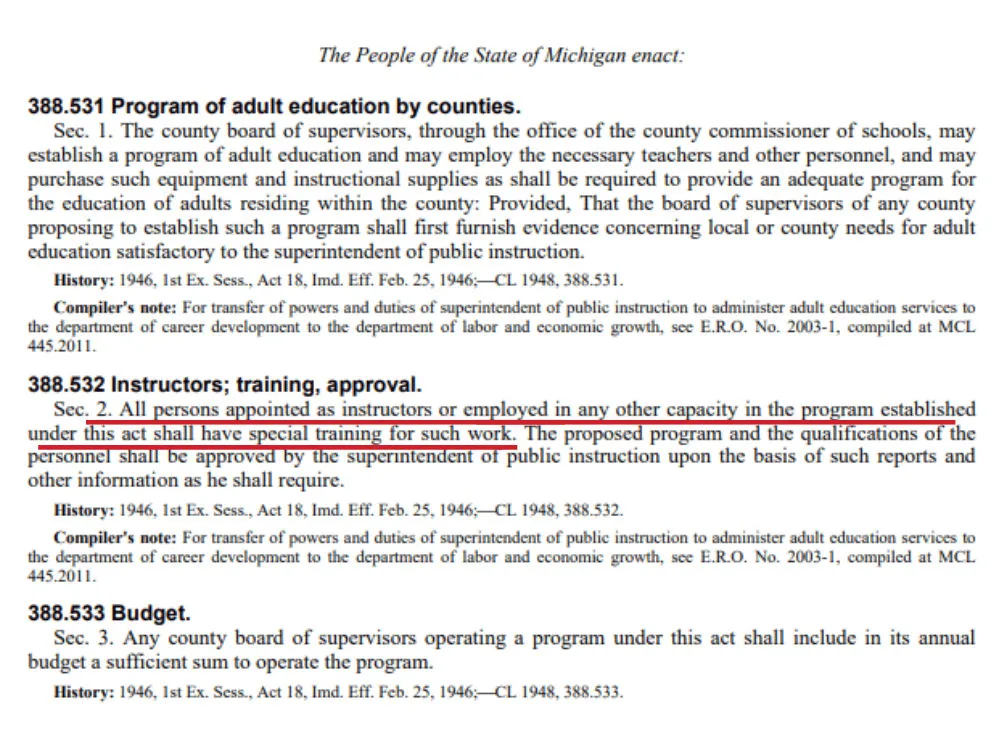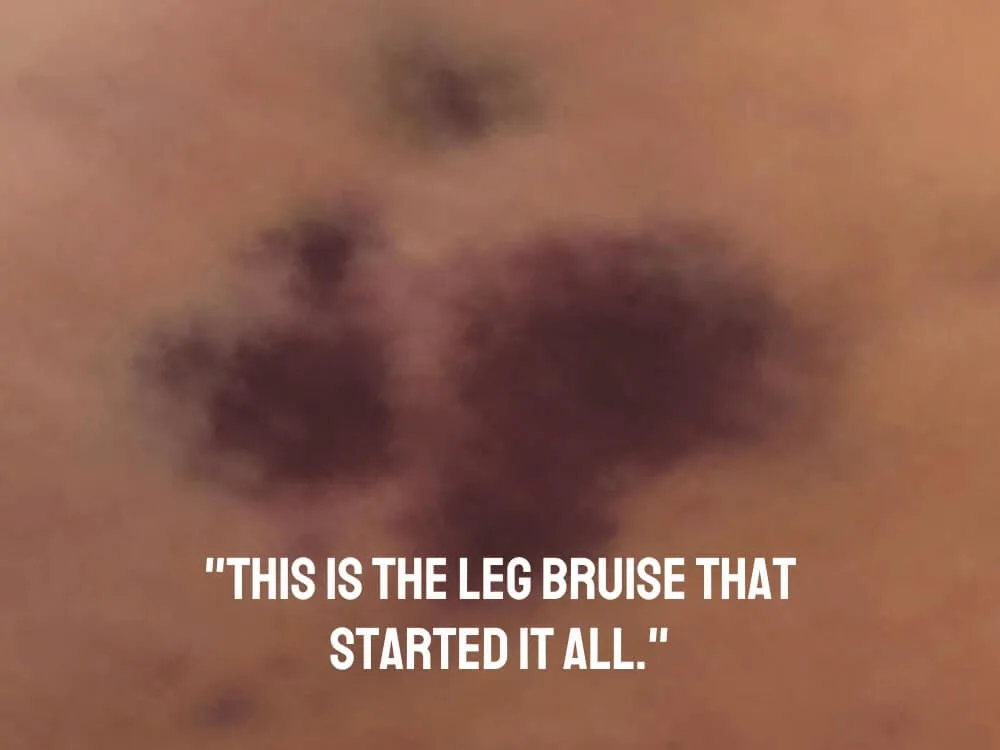Happy Kindergarten Teacher Needs Living Wage
“Sally” happily worked for Detroit Public Schools as a kindergarten teacher for many years. Many schools in the district were closed or taken over by a state-appointed Emergency Manager (the same man responsible for the Flint water crisis), and eventually, the entire district was rebranded from DPS (Detroit Public Schools) to DPSCD (Detroit Public School Community District). According to Sally, with the rebranding came recalculating salaries which set most educators back to Step 1. It took her years to get anywhere near a living wage working in year-round buildings without proper HVAC, air conditioning, or even operable windows. Finally, she decided to look for a job outside the district.
She applied to various districts in the suburbs and was offered multiple jobs teaching special education, but she turned them down to teach kindergarten in an urban district for less pay since that is what she had the most experience with. After signing her contract, Sally says she was promptly put into an ASD (Autism Spectrum Disorder) room the day before school started. It’s not that I have anything against children with Autism,” Sally says. “It’s quite the contrary. But in 2014, I was diagnosed with Multiple Sclerosis, a disease that claimed my biological father at the age of 49. I knew I had to simplify my workload. And on the very first day of school, I was bitten by a child and needed to get stitches.”
Serious Issues Require Serious Training
Sally says that in moving her to teach ASD, the district failed to make sure she had CPI or CPR training, which is extremely important. By Michigan law, an ASD program is considered full at 7 students, but even 7 is considered “too many” by best practices. Typically you find a 5:2 ratio of children to adults in most districts. But not in Sally’s room.
“Our director had a tendency to acquire children from neighboring districts for financial reasons, and those districts weren’t sending their easiest children. The challenging behaviors in our room were disproportionate. Almost every one of my students was another district’s red-headed stepchild.”
Her room frequently topped out at ten students, all of which came with a myriad of behavioral issues, from escaping to biting to throwing feces or spitting. And like many underfunded schools, they were short-staffed. There were only two adults in a room with ten children with moderate to severe Autism, which, again, is against the law.
New Student with No Information
In April 2017, Sally arrived back from Spring Break to find a new student had been placed in her class. He arrived via a yellow cab, and she was told nothing but his first name. She never even received his IEP. “Not only did I have no emergency contact information for him, but I also didn’t even know how he was getting home. She soon uncovered that his home district (which was nearly 20 miles away) had his disability reclassified from Emotionally Impaired to Autism Impairment over Spring Break, and using a small by-law for emergency placement, he was sent to her.
“Within 15 minutes of meeting this child, it was very apparent that Autism was not his primary disability: he was verbal–very verbal–and demonstrated little to no sensory issues,” Sally said. “He repeatedly tried to touch the privates of the other boys in the room. He complained that nobody would play with him and repeatedly asked why none of them could talk. He would fly off the hinges if we used the word no and would destroy the room, breaking windows, doors, and lights. He swore like a sailor and used his words purposefully. He was violent—oh, soo violent.”

A Life-Altering Kick
Nearly a month after she received him, during a classroom evacuation, he kicked Sally repeatedly on her leg with his steel-toe boots. “I developed a bruise that wouldn’t heal. Weeks went by. My leg was hot and swollen. I worked in constant pain, and despite seeing my employer’s work-related injury clinic, I was getting no answers.”
When she finally saw her own physician, the day after school let out for the summer, she went into cardiac arrest at his office. She could barely walk 10 feet without resting and had to use a kitchen stool as a walker. “I couldn’t stand up straight and was hemorrhaging so badly that I was leaving trails of blood on the floor,” she said. “The hemorrhaging had gone on for weeks, and I was told repeatedly by my employer’s ‘doctors’ that it was menstruation. But I would SOAK through an overnight pad about every 1-2 hours.”
When Sally reached the hospital, they found a 42-inch blood clot in her right femoral artery and 37 bilateral pulmonary embolisms. Her organs were beginning to shut down, and the left side of her reproductive tract pretty much ‘imploded’ from the force of the clot, hence the weeks upon weeks of bleeding.
“I was given a 30% chance of survival and told I would require blood thinners for the rest of my life if I survived. The blood thinners cost more than the mortgage on my very humble home, so I simply don’t take them.”

Similar Circumstances
Unfortunately, her story doesn’t end there. The following year, under very similar circumstances, she was given a student as a lateral transfer that sent her, once again, to the hospital with the same knee injury. According to Sally, the school allowed a child that required a highly-restrictive environment to be enrolled in a program that was “less restrictive” and did not have the proper accommodations such as restraints (not that any of the teachers had training on using restraints.)
After taking a blow to the (opposite) knee in early September and doing the “mandatory 30 days of physical therapy” before they would order an MRI, Sally went to my own physician. They found that she had a fractured kneecap and had torn her meniscus during physical therapy. She worked from the date of her injury (middle of September) until the day before surgery (late October) and had exactly 19 days off from work.
No Work, No Pay, No Care
Human Resources stopped paying Sally in mid-September as they confused her with her assistant, who went out the same week with the same injury and took her disability, so they didn’t want to pay her twice. Despite applying for Workman’s Comp, she received not a penny for the 19 days she was out for surgery and recovery. After returning to work in November, Sally found out that her salary was reduced by 30%. It took months of speaking to Human Resources regarding her monetary loss at their error, and eventually, the Superintendent (an attorney) who assured her that the 30% reduction, while unethical, was a legal contract recalculation (they brought her back at an “adjusted rate”).
Sally’s union filed a grievance that took nearly 18 months to resolve. She blew through my savings, nearly lost her house, and after her furnace stopped working, it took her two very cold winters to replace it because her debt was so grave. Before all of this, she was $0 in debt, other than student loans and her mortgage.

Trapped in Her Own Home
Sally is 39 years old now and trapped on the first floor of her small home. “I can no longer climb stairs due to my combined leg injuries even though my bedrooms, the shower, and the washer/dryer are located on different levels.” And despite her injuries, she works at the same school in the same classroom. Recently, another child was placed in her classroom with no background information, and she had a complete nervous breakdown. “I spent the entire next day begging to be placed in general education next year. I’m terrified that I won’t be able to find another job (or even pass their physical) now that I require a cane (and sometimes a walker) to get around. I’m only working for the health insurance at this point.”
Sally has an extensive collection of work-related injury photos. She’s at 70+ currently. You might think her story is unusual, but unfortunately, many teachers are put into similar circumstances on a regular basis. Here is what some other teachers have shared:
“We went a whole YEAR without a teacher for a Behavioral Unit. The paras at my school were heroes living on a poverty wage, taking that situation on daily. I quit mid-year because I had awful anxiety. Just because I signed up to teach didn’t mean I signed up to fight on the daily.”
“I was a high school resource teacher and left teaching altogether after a similar situation. My school had multiple teachers quit mid-year. They then collapsed several sections of inclusion into 3 classes and gave them all to me with no content teacher and ratios of 75% or more special education students. I had kids from grade level to functionally illiterate. When I brought it to my admin, I was told not to contact families and to start planning content because these were end-of-course state exam classes. I finished that semester and handed in my resignation.”
“The number of times in my General Education class that they left inclusion kids in my room without a paraprofessional or teacher for extra support last year was crazy.”
“I’m a paraprofessional, and I had to work in a completely non-verbal class with feeding and diaper changing.”
“For the better part of the 1st semester, they had a paraprofessional in a special ed. class for children ages 3-5 by herself. The teacher quit shortly before the beginning of the school year, and they made little to no effort to hire a certified teacher.”
“When the opportunity arises, teachers remain silent about situations like this because they are afraid of vindictive administration and don’t want to be the whistleblower. If teachers actually banned together and supported each other in these situations and conversations, it would be AMAZING the changes we would be witnessing. Instead, most teachers live in fear and shy away when one or two members of the staff actually speak up and leave them stranded in the spotlight. And as we all know, the administration feeds on that fear. You’re just fueling their fire. This is a situation that is being talked about, but most teachers will never actually act upon it.”
Buy Some Merch · Support the Site!
Teacher Misery is by the teachers and for the teachers. Our mission to improve the lives of teachers everywhere.
If you’d like to support the cause, buy yourself (or the burnt-out educator in your life) a gift from our merch store. And, YES, they are all as sarcastic as you’d hope. 😉
Every dollar supports the commiseration!



Amanda
Wednesday 26th of April 2023
This is sad. So heartbreaking g. She isn’t even being treated like a human. I hope she has the courage and support to leave this school. This is abuse!